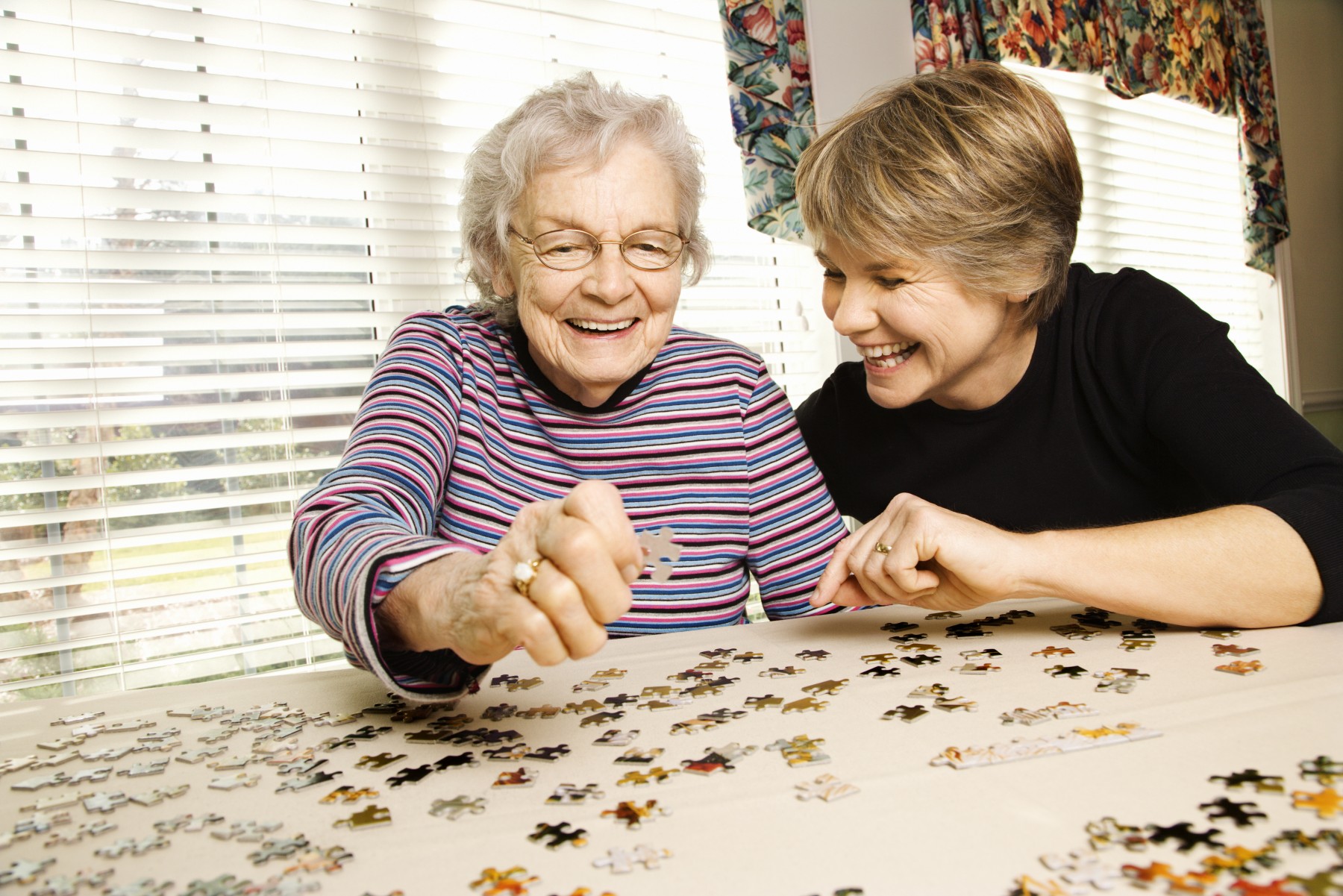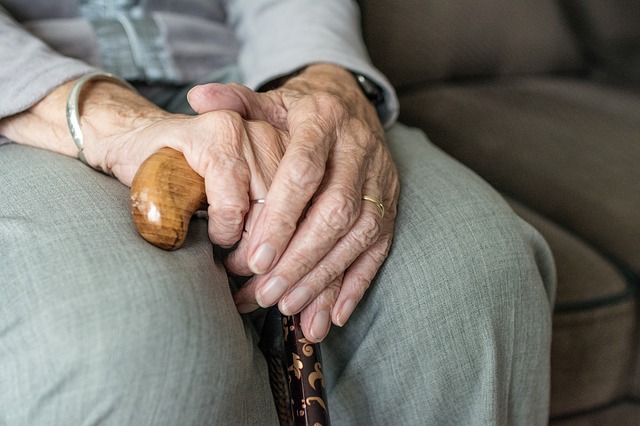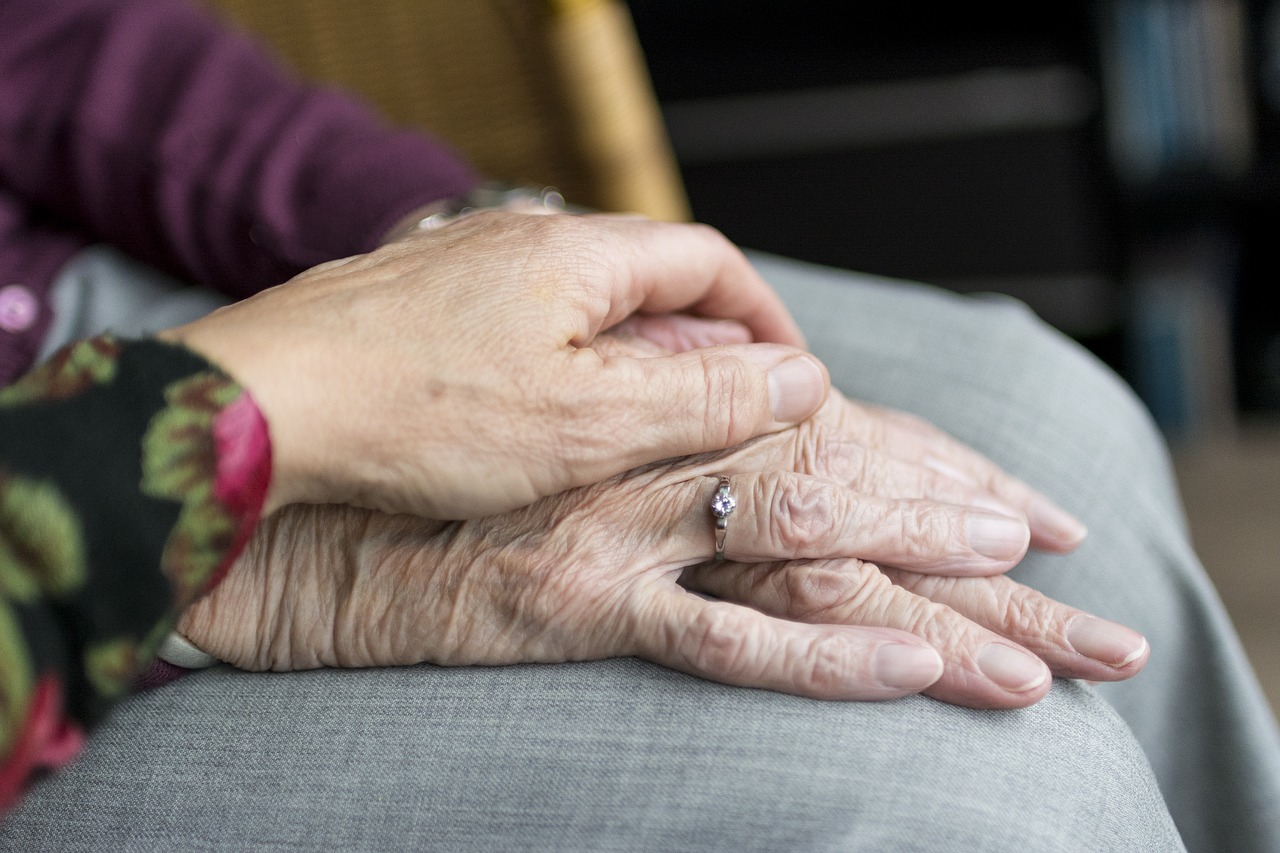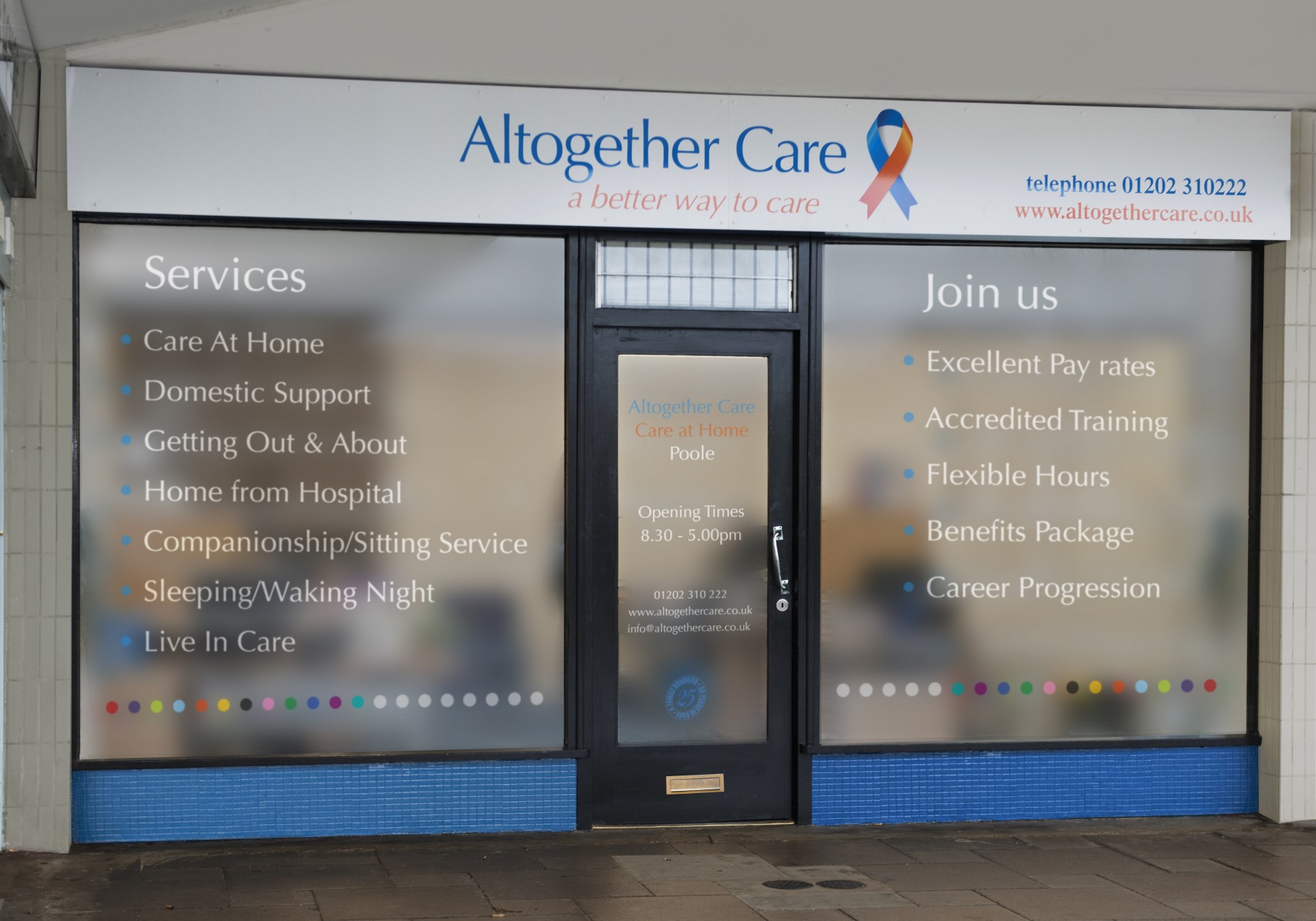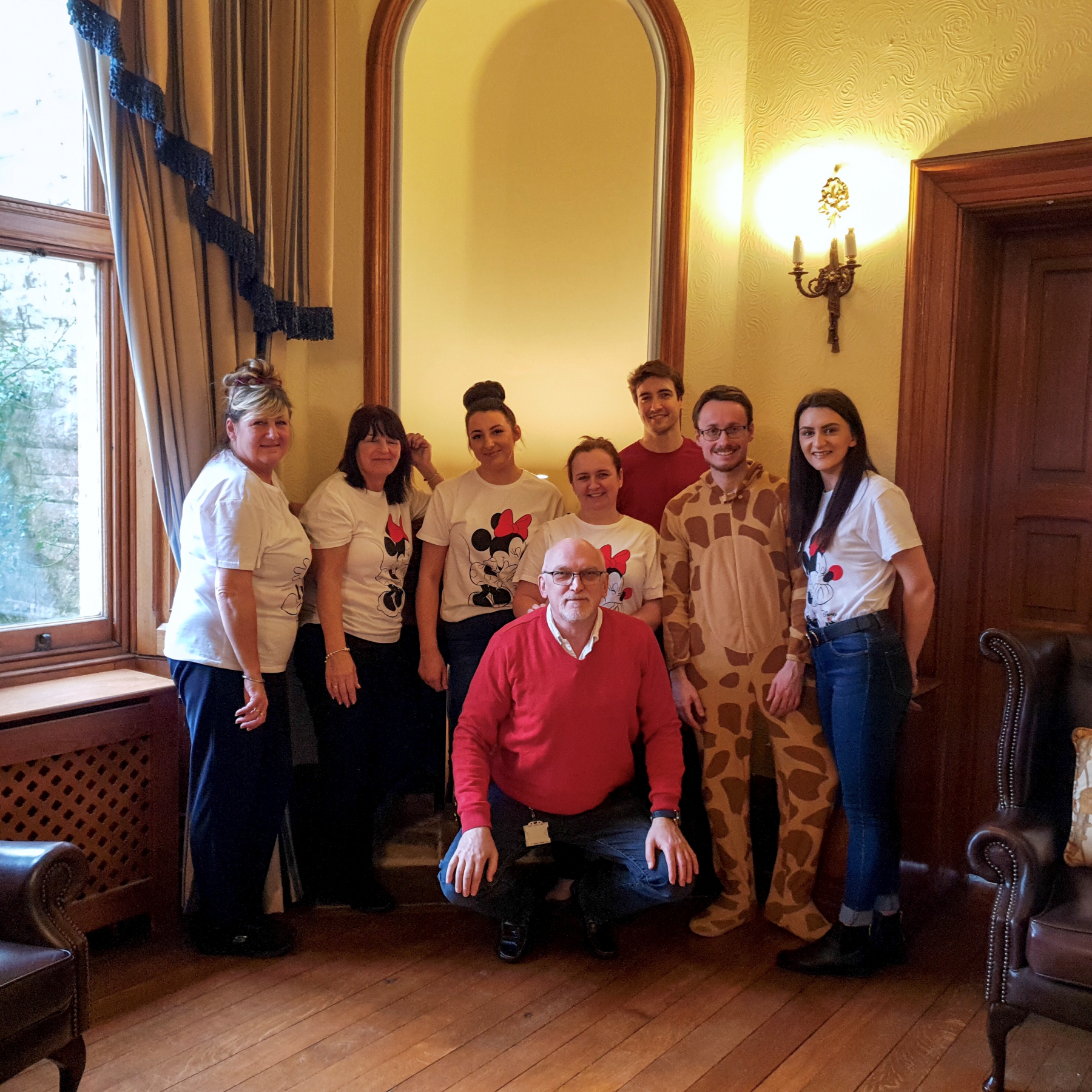When continuing to live in your own home becomes too difficult residential care may seem like your only choice. And for a large number of people it’s an ideal option. Not having to worry about household chores, help with personal care and guaranteed company and companionship are just what they need.
But for some people, having to leave their own home is a last resort. Home is where their memories are; it’s at the heart of their family, friends and a community where they feel they belong. The potential upheaval of moving home to unfamiliar surroundings can seem a daunting prospect. Residential care might also mean having to say goodbye to much loved pets.
For these people, live-in care can be an attractive alternative to residential care.
How Does Live-In Care Work?
As the name suggests, your carer will live in your house with you so that you have round the clock care and support. Your carer can take care of domestic tasks such as cooking, cleaning and shopping as well as helping with personal or medical care if needed.
Other than that, your home is still your home. Family and friends can drop in as before and you can continue to take part in the leisure and social activities you currently enjoy.
For people needing end of life care, live-in care can also be an alternative to a hospice.
What Are the Benefits?
In short, live-in care means you can get as much help and support as you need without having to change where or how you live. You also have the advantage of companionship and emotional support from a specially trained carer.
Live-in carers are special people. Obviously, the relationship between you and your carer is important. The Altogether Care live-in care service will help you choose a carer who can support your personal and medical care needs as well as being somebody you can get along with. Find out more about our live-in care service or contact us here.
